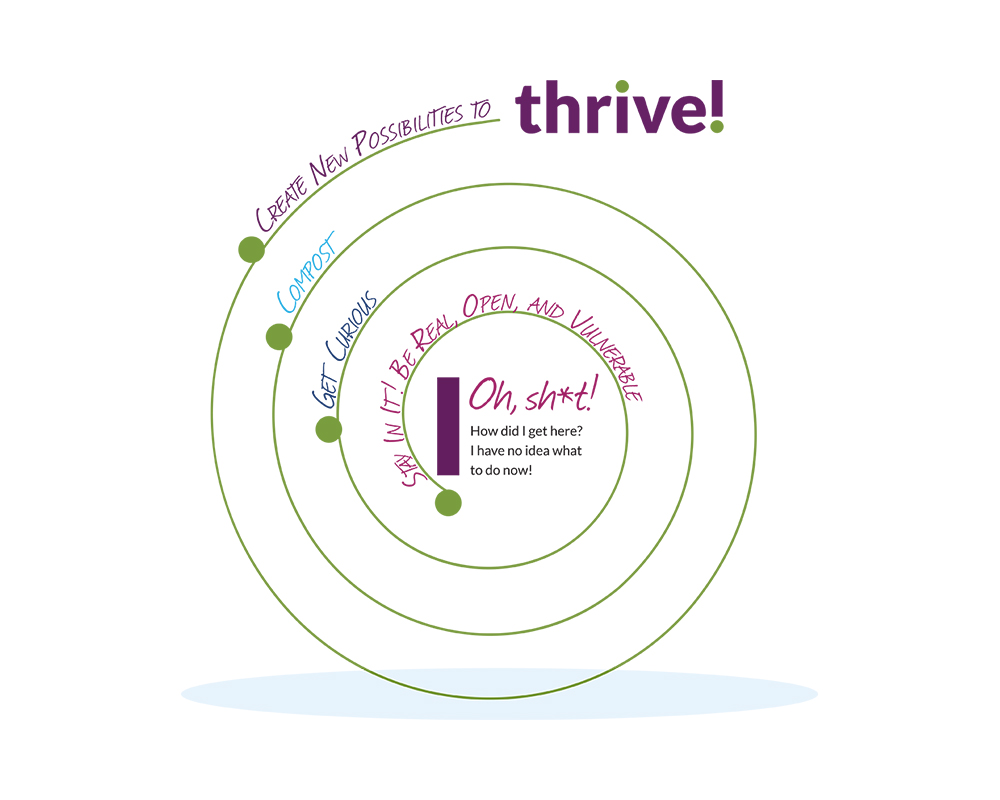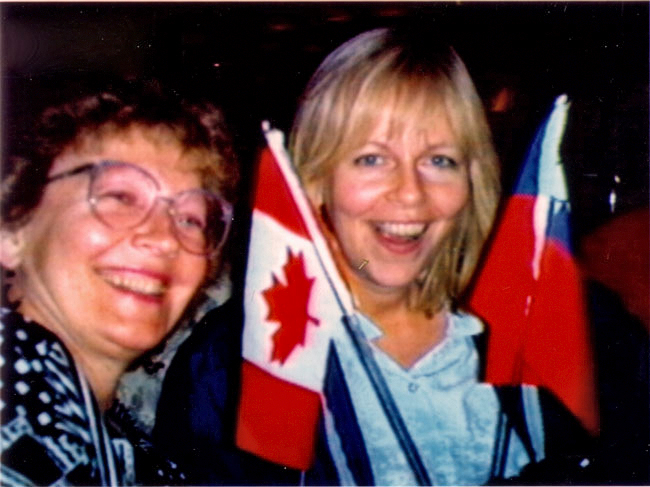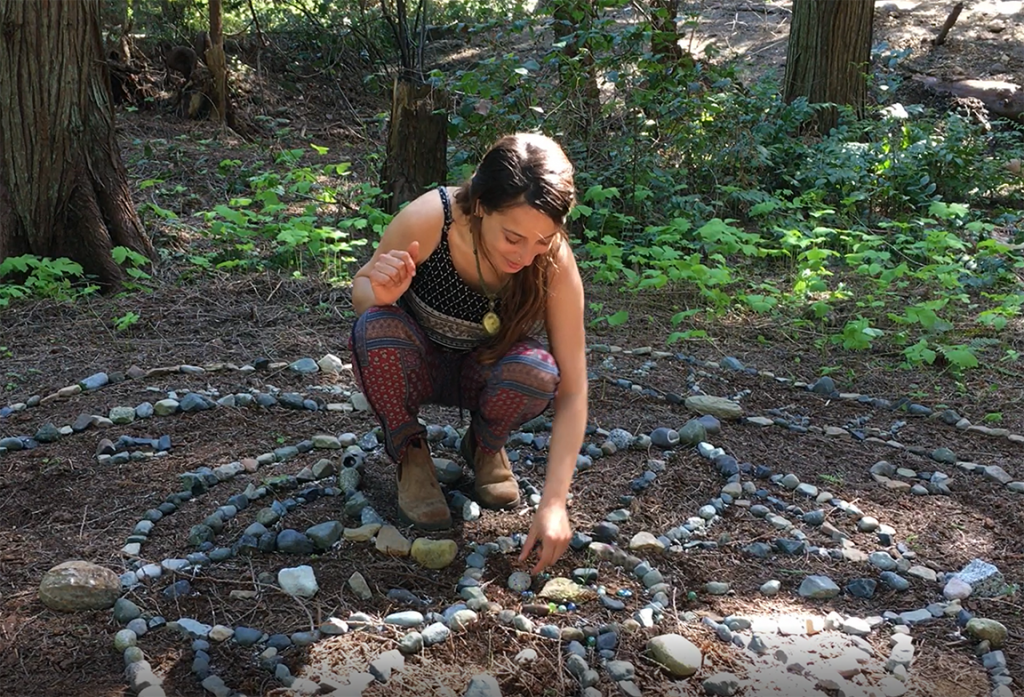Take charge of your projections!
Projection and transference may sound like technical terms, but they affect our lives in very practical ways. Graemme Brown writes that by identifying and responding to your projections you can improve your relationships and understand yourself better. Graemme and Cathy McNally are leading Projection and Transference at The Haven February 28 – March 2.
“Your relationship to yourself is and always will be directly reflected in all your relationships with others.”
― Vironika Tugaleva
I recall an incident from elementary school where a classmate was being teased and taunted relentlessly by what seemed like fifty or sixty students. He was a gentle, easy-going boy who’d recently transferred from a rural area. His crime? He spoke in few and simple words, without the sophistication of the rest of us suburban 11-year olds.
At first, I watched in horror and felt great discomfort, my body tight and my face flushed. However, I soon joined in the taunting. Later, I told myself that I only did so half-heartedly and not for very long; my rationalization didn’t work and even forty-five years later, I can still feel the shame and dread of my actions (and inaction) that day.
The thing is, though: Only six years before, I was that same kid, newly arrived from overseas, continually taunted and teased for being different. From this, I developed a profound sense of being excluded and not valued. Rather than acknowledging and talking about my own experience and feelings, I made ‘fitting in’ with the mob more important – I didn’t stand up for the dignity of that quiet boy. Looking back, perhaps this can be written off as immaturity and youthful self-protection, but I’m not inclined to let myself off that easily; I knew something wasn’t ‘right’ about what I did. As an adult, I now know that I was turning away from feeling my own pain and humiliation because I couldn’t bear to really face that and my imagined unworthiness.
So, what’s going on here?
Whatever it is that we do not want to acknowledge about ourselves, we will instead ‘see’ out there in the world, ‘projected’ onto the nearest or best-fitting ‘screen’ (person, group, ethnicity or gender, etc.) We do this to protect ourselves from any unwanted thoughts and feelings that don’t fit our preferred script about who we are and who we socialize with.
The same is also true of adoration: If I will not acknowledge my skills and competencies, then I am likely to project them onto someone I imagine to be a heroic figure and say things like “I could never do that” or worse yet I might just give up on my dreams without even trying.
In both cases, we do not see people for who they are, we see them as we are, mostly without even realizing that is what we’re up to. For many of us, this really shows up in our relationships as very strong reactions to what our partners do (or don’t do). We don’t know why but we sure do react as if it were a life or death situation. These reactions often have their roots in unmet hopes and longing from our childhood that we continue to carry with us as adults.
Still with me? Not totally bummed-out yet? Good! Imagine how your life could be if you were less reactive? Imagine what it would be like to know about your particular projections and how they impact your life? This is possible in both personal and professional relationships. Indeed, I believe it is vital to good mental, physical and emotional health within all relationships, including the one I have with myself.
At The Haven, we offer a course called Projection and Transference, facilitated by myself and my colleague Cathy McNally, where we delve into these topics using group and individual activities, discussion, dialogue, theoretical models, games, video and more.
A past participant had this to say about the course:
“The Projection and Transference program was extremely impactful for me and I may hazard to say it is one of my favorite programs at The Haven. I gained a greater awareness about my blind spots by noticing what I project onto others. As a result, I can now move forward in my life without the baggage of my past accompanying me. I experience life with freedom and a greater range of possibilities. Through curiosity and dialogue, I can bring myself into the present moment and experience life as it actually is rather than how I think it should be.
As I move into a career in the counselling profession, I realize how valuable this awareness is. Not only in service to myself, my personal growth and my endeavour to know myself and lead a more fulfilling life, but also in service to my future clients. By recognizing my own projections, transference and counter transference I can offer guidance that is truly in service of the client. I believe this program is incredibly beneficial to anyone and especially those in a leadership role, involved in a team or family or working in a helping profession.”
Join us February 28 – March 3, 2019 for an engaging, inclusive and compassionate look at what projection is, how it affects our lives and how we can learn from it.







